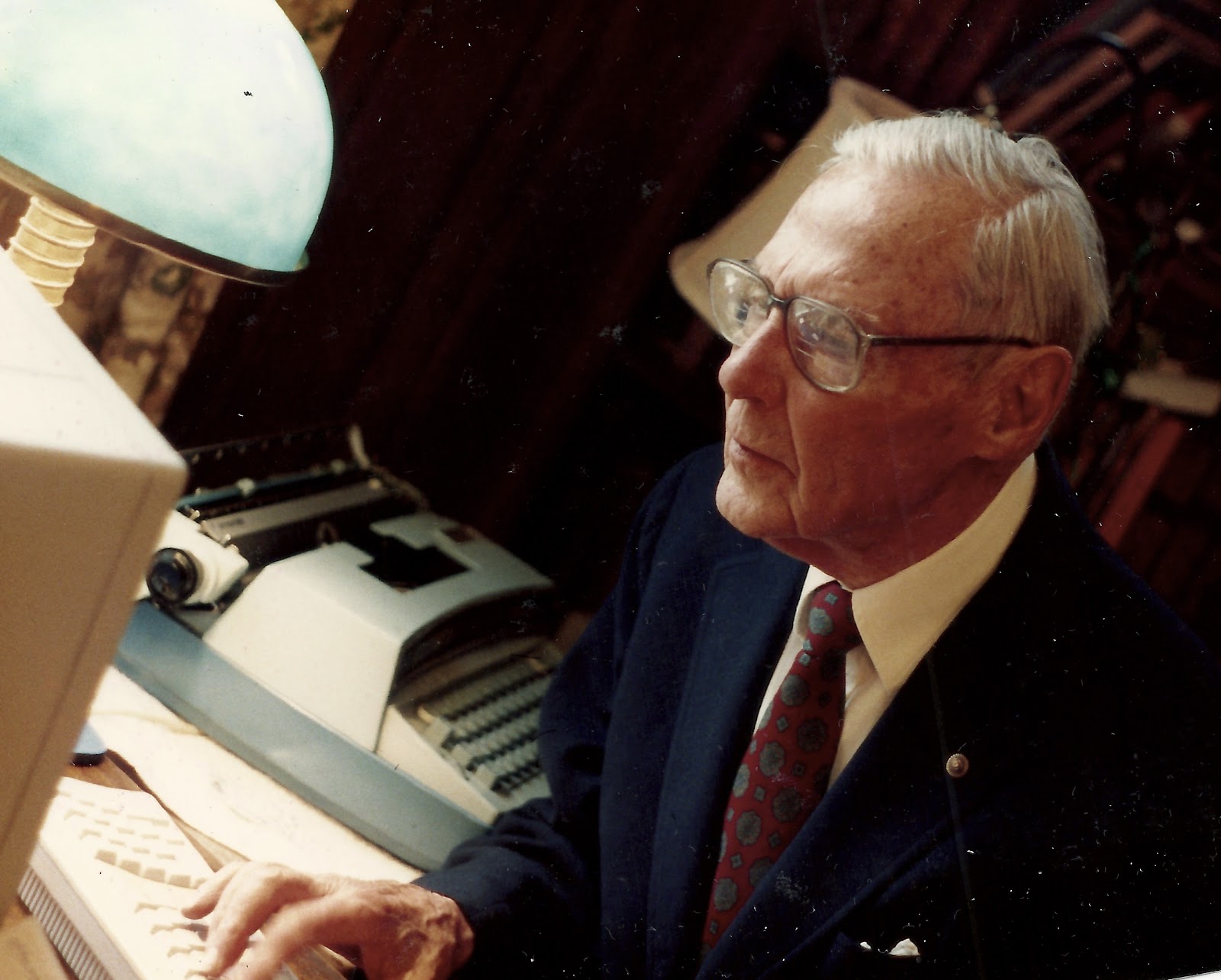You come around a curve and see a man lying injured by the roadside, conscious but in pain, his bicycle banged up in the ditch. You call 911 and kneel beside him to comfort and reassure him until the ambulance arrives. He’s worried about his dog, who’s licking his face now.
When the ambulance has gone and a friend the man asked you to call has picked up the dog and the bicycle with the broken front wheel that hinted at the cause of the accident, you go home, almost reluctantly, finding it hard to disengage. You tell your family about what happened, reliving the experience yourself. Each telling is a tiny discharge of your anxiety for the man.
The next day you call the hospital to see how he is doing. “Would you like to talk to him?” a nurse asks. “No, I just wanted to check on him.”
You call the man’s friend to see how the dog is doing.
A week later, you read about a cyclone in South Asia that has killed hundreds and left thousands homeless. Thinking of the man you helped, you donate to he Red Cross relief fund. A month later, though, when another disaster strikes some other part of the world, you don’t think there’s much you can do. You can’t make a donation for every tragedy anywhere in the world.
We are tribal by nature. That’s the good and the bad of us. We look after our own, an instinct that has helped the species survive.
For most of human history, we didn’t know what was happening in other parts of the world, and when the telegraph and later our digital virtual world brought us news from afar, we became interested in the same way we are interested in the migration of birds and butterflies. The beauty of passing geese or Monarchs moves us in the moment, as does human suffering in a distant land, but it is not of us. It is something apart, for which we feel little responsibility, not least because there’s usually almost nothing we can do about it, good or bad.
Our relatively new, and suddenly vast, knowledge of what is going on around the globe connects us to those outside our villages. But does that knowledge make those distant souls “our own”? Are they part of us, part of our now global tribe?
Not so far.
If anything, our new, sharper, long-range vision seems to be giving us only better awareness of threats from other nations and people who are, in our parochial estimation, not like us. Build the wall. We don’t want those people in our country. And as for the ones who snuck in on Sleepy Joe’s watch, “Get them the hell out of here,” as our fearless leader is so fond of saying.
All that is disheartening, but not too surprising. Xenophobia has been ever thus. I suspect it’s baked into our Darwinian DNA, just like the instinct to help our immediate neighbors, at least the ones who look like us.
What is surprising to me, though, although in a nation not that long past an actual civil war I suppose shouldn’t be, is how that empathy and regard for our neighbors weakens with distance, and not very much distance at that, like the magnetic field of a child’s painted horseshoe magnet.
We don’t have to go far from home before the people we meet are just scenery. Go across a state line into a different cultural or political miasma, and the scenery becomes not just un-engaging, but threatening.
If the man in the bicycle accident at the start of this piece had cut an arm and was bleeding badly, most of us would without thinking rip off our shirt to make a bandage. But when the residents of a town not even too far way, in another state, perhaps another cultural zone, can’t afford medical care, we don’t cry out for better aid programs to provide it. Maybe we think there’s nothing we can do, as a practical matter, or that’s what we tell ourselves, but the truth of it, I think, is that we just don’t really care. Distance makes the heart grow not fonder, but apathetic.
Indeed, if those fellow countrymen are enough different—in skin color, religion, politics—we may feel they are getting what they deserve. If they want more, they need to work harder. That’s the American way. It’s even built into the laws saying who among the poor is entitled to Medicaid health benefits.
We’re judgmental and arrogant and fearful. With that mindset toward neighbors too far away to know, it doesn’t seem to me that if they crash their bikes into ditches we will give much of a damn what happens to them.
If they had a dog, though, who had been running along beside them in that loyal way of all dogs, well, we would worry about that poor pup.









